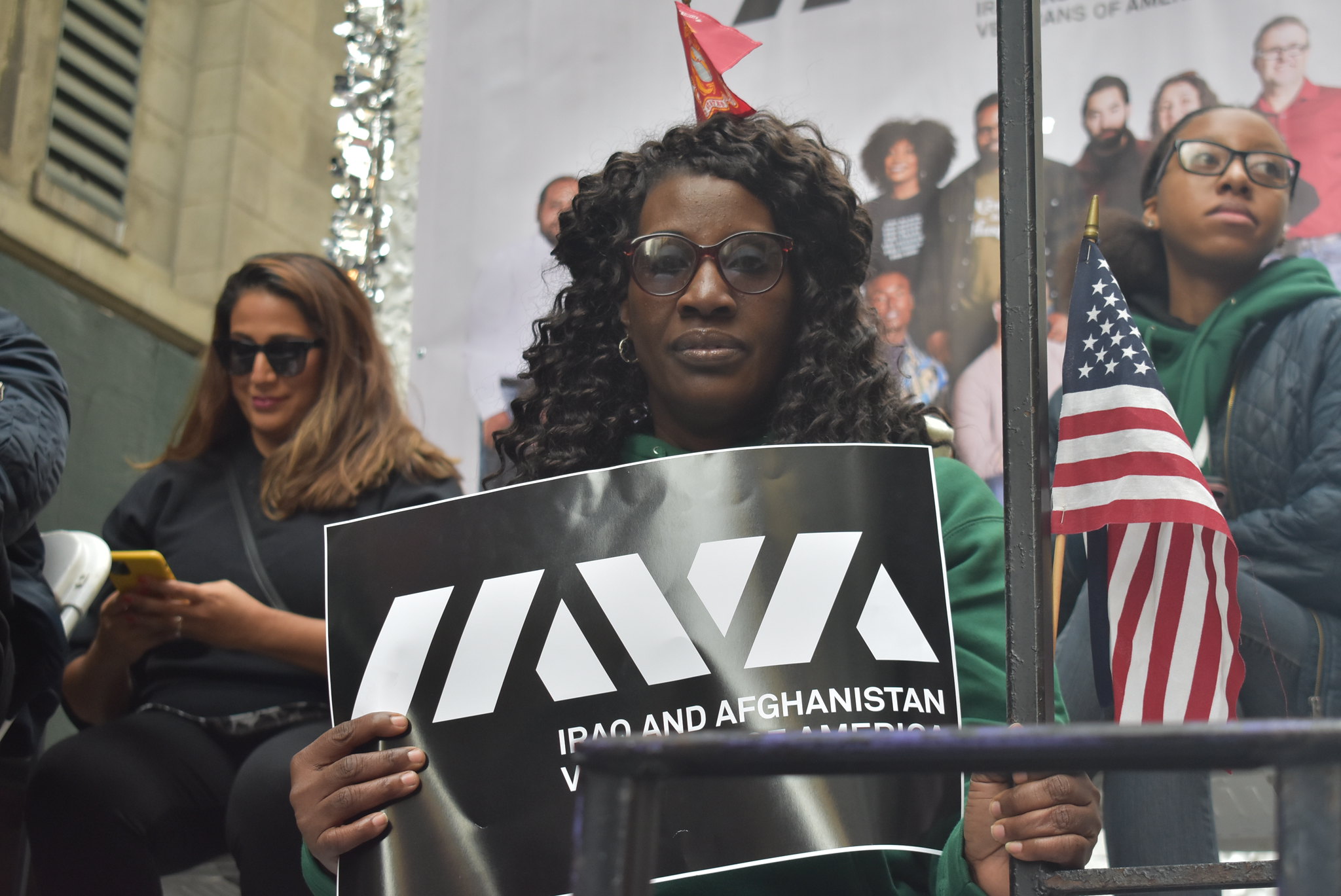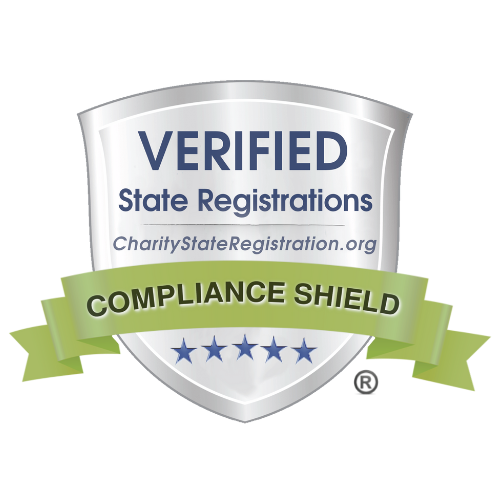IAVA | October 20, 2017
Read: The Landscape of Women Veterans’ Research

Literature reviews are my kryptonite. They are my least favorite part of any research paper, but arguable the most important. Literature reviews allow us to identify topics and issues have been researched before us, results have been found, and gaps that are seen in the larger landscape. The last thing any researcher wants to do is reinvent a wheel that has already been spinning for years.
That’s exactly what an article published in September’s Journal of General Internal Medicine did on the topic of women veterans’ health research. The authors looked at 440 studies of women veterans from 2008 through 2015 to determine what we know and where the gaps are in the field of women veterans’ health research.
Succeeding Slowly
The good news is that since 2008, the number of studies on women veterans has increased every year. In 2015, the number of studies published about women veterans’ health was more than that published in 2008, 2009, and 2010 combined. In recent years, studies have focused on the younger generation and aimed to be more inclusive; since 2012, more studies have been published on post-9/11 veterans, LGBT veterans, and those that identify as a racial or ethnic minority.
Work to be Done
It’s been long established that mental health injuries and physical ailments tend to show differently in men and women, which is why we need gender specific studies. While it is great that the interest and research done on women veterans’ health is increasing, what is and is not getting attention is equally important.
Of the 440 studies published, about half focused on mental health, with post-traumatic stress disorder (PTSD) and military sexual trauma studied most. PTSD affects about 20 percent of the post-9/11 population, and military sexual trauma affects about one in four women veterans, according to the VA. However only 3 out of the 440 focus on depression and none focus specifically on anxiety, both of which are leading mental health injuries for women veterans (and all post-9/11 veterans).
In addition, while physical conditions make up about a third of the women veterans’ health landscape, only five studies focused on traumatic brain injury (TBI), one on amputations, and three on emergency room delivery. Yet, women veterans sustain TBI injuries at an alarming rate, require prosthetics that are different than those of their male counterparts, and need access to emergency rooms that will be able to provide gender-specific care.
There must be more studies and research to fully identify the problems and find workable solutions for women veterans, but there also must be action on what we know now. We have heard stories from women veterans that got turned away from a Department of Veterans Affairs emergency room because the medical team did not diagnosis her gender-specific condition correctly. We have heard stories of ill-fitted prosthetics provided to women veterans. In the latest IAVA member survey, 13 percent of IAVA women veteran members said that they had sustained a TBI during service.
Where IAVA Steps In
While this study is one that shows the landscape of research on women veterans’ health research, it confirms much of what we already know. The number of women veterans continues to grow, and so must our focus on devoting attention and resources to address the challenges they confront.
IAVA created the #SheWhoBornetheBattle campaign and the Deborah Sampson Act to answer that call. The Deborah Sampson Act will fund research through the VA on prosthetics for women veterans. In addition, it will require all VA programs to collect data by gender status to ensure all VA programs are working for all veterans. In totality, it will improve care and support for women veterans at the VA.
Join us today by supporting our #SheWhoBorneTheBattle campaign to close the gender gap and tell your members of Congress that you stand by women veterans and they should too by supporting the Deborah Sampson Act.





